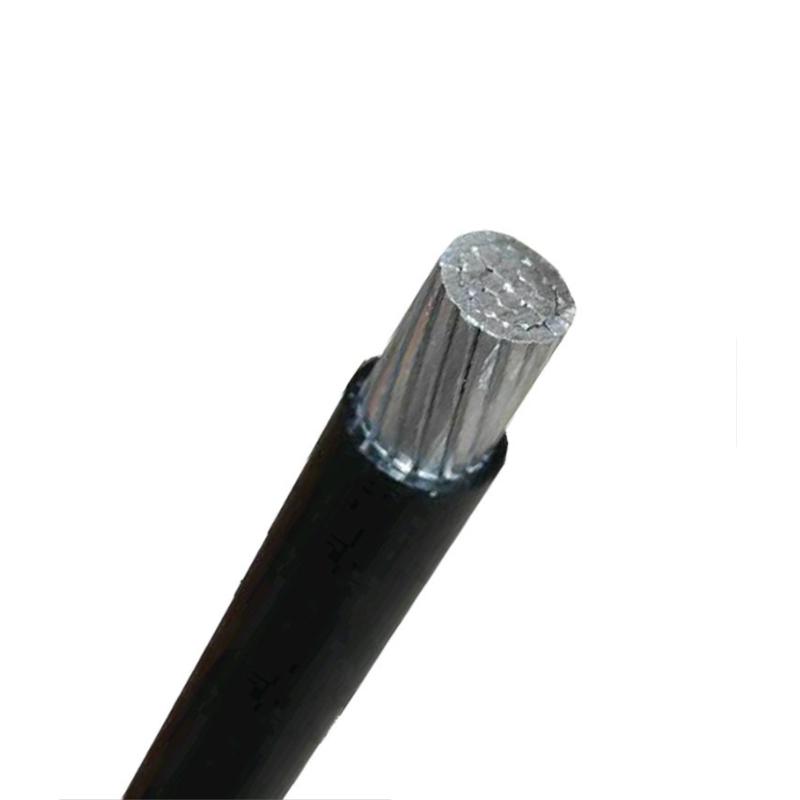In the realm of outdoor activities and projects, having a reliable outdoor extension lead with plug is essential. Whether you're camping, working on a construction site outdoors, or hosting an outdoor event, the right extension lead can make all the difference in ensuring a seamless power supply. One crucial aspect to consider when choosing an outdoor extension lead is the material it is made of. The material differences can have a significant impact on outdoor electricity usage.
Let's start with the insulation material. High-quality outdoor extension leads are typically insulated with materials that can withstand the harsh elements. For instance, rubber insulation is a popular choice as it offers excellent resistance to moisture, abrasion, and temperature variations. This type of insulation is crucial in outdoor settings where the extension lead may be exposed to rain, snow, or extreme heat. Rubber-insulated leads can prevent electrical shocks and short circuits, ensuring the safety of users and protecting your electrical devices.
On the other hand, some cheaper extension leads may use plastic insulation. While plastic can provide a degree of insulation, it may not be as durable or resistant to the elements as rubber. Plastic insulation can crack or degrade over time when exposed to sunlight, moisture, or extreme temperatures, potentially leading to electrical failures and safety hazards.
The conductor material also plays a vital role. Copper is widely regarded as one of the best conductor materials due to its high electrical conductivity. Extension leads with copper conductors can provide a stable and efficient power supply, minimizing voltage drop and ensuring that your electrical devices receive the required power. Copper conductors are also more durable and can handle higher currents without overheating.
However, some lower-quality extension leads may use aluminum conductors. While aluminum is a cheaper alternative to copper, it has a lower electrical conductivity. This can result in voltage drop, which means that your electrical devices may not receive the full power they need. Aluminum conductors are also more prone to overheating, which can be a fire hazard, especially in outdoor settings where there may be a lack of ventilation.
The plug and socket materials are another important consideration. Durable and weather-resistant materials such as brass or stainless steel are preferred for outdoor use. These materials can withstand exposure to moisture, dust, and corrosion, ensuring a reliable connection and preventing electrical failures. Cheaper materials like plastic or low-quality metals may not provide the same level of durability and can easily break or corrode, leading to interrupted power supply and potential safety risks.
The material differences in outdoor extension leads with plugs can have a profound impact on outdoor electricity usage. Choosing a high-quality extension lead with durable insulation, copper conductors, and weather-resistant plugs and sockets can ensure a safe and reliable power supply for your outdoor activities and projects. At our company, we understand the importance of quality materials in outdoor electrical products. Our outdoor extension leads are crafted with the finest materials to meet the demands of even the most challenging outdoor environments. Trust us to provide you with the reliable power solutions you need for your next outdoor adventure or project.
 Abroad:[email protected]
Domestic:[email protected]
Abroad:[email protected]
Domestic:[email protected]
 Abroad: +86-18157471290
Domestic: +86-18157471293
Abroad: +86-18157471290
Domestic: +86-18157471293
- Home
- Products
- Industrial connectors
- Waterproof housings
- Power distribution box sets
- ABS electrical accessories
- Cables
- Moulds
- Power Distribution Board/Box
- Extension Lead with Plug
- AS/NZS Waterproof Electrical Products
- C Series IEC/CEE Waterproof Electrical Products
- B Series IEC/CEE Waterproof Electrical Products
- Waterproof Window Cover
- Waterproof Plastic/Metal/Aluminum Box
- House Use Electrical Items
- About Us
- FAQ
- News
- Contact Us

